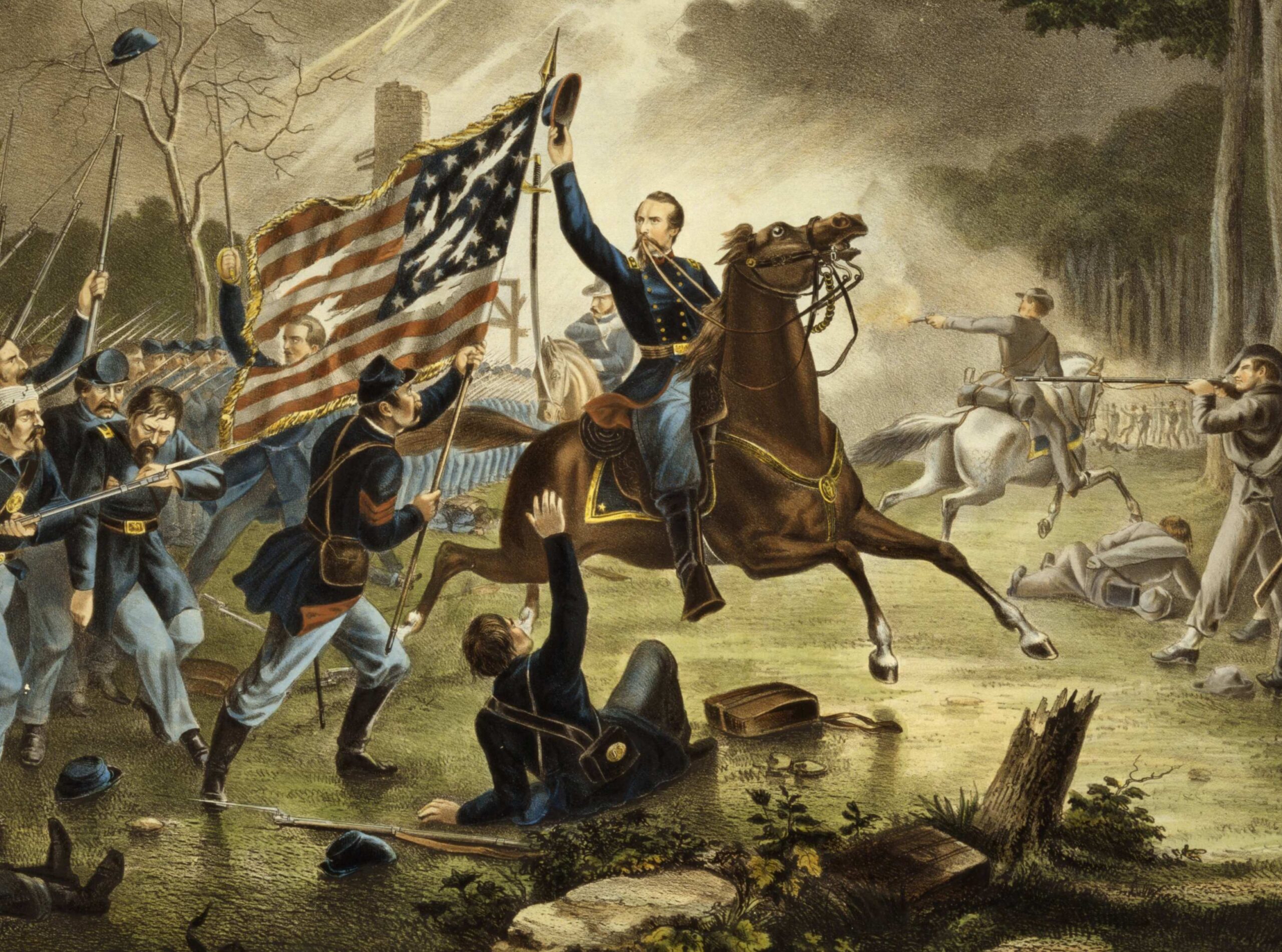One of the most effective salesmen I’ve encountered was not only skilled in sales but also an adept network builder. His name was Dan Nowels. He was a seasoned insurance salesman with a unique approach to networking.
Regular Engagements: Dan made it a practice to invite me to lunch every six months. These were never ordinary meetings. Dan always ensured to include someone else at the table—often a professional like a bookkeeper, CPA, banker, or lawyer.
Strategic Introductions: The first fifteen minutes of our meetings were dedicated to introductions. Dan would generously praise my achievements and capabilities to the new face at the table, effectively making what he called “network deposits” into my account. This not only boosted my reputation but also made me feel valued and respected.
The Reciprocity Scale: As Dr. Robert B. Cialdini explains in his book “Influence – The Psychology of Persuasion,” reciprocity is a powerful force in human interaction. By praising me in front of others, Dan added weight to one side of the metaphorical justice scale. The more he deposited, the greater my desire to balance the scale by reciprocating his kindness—either by upgrading my policies or by utilizing the services of his guests.
Beyond Business Transactions: This concept was mirrored in a personal experience I had with a garden shop. After receiving extensive, free advice on a gardening issue, complete with photo exchanges over the phone, my loyalty to this particular shop was sealed—despite its distance from my home and the availability of closer alternatives.
The Concept Explained
Network deposits involve enriching someone else’s network without immediate expectations of return. They are about providing value—whether through introductions, advice, or simple commendations. The cumulative effect of these deposits often compels the recipient to reciprocate or pay it forward, strengthening bonds and creating a network based on genuine value and trust.
Cultural Anthropology and Reciprocity
Reciprocity isn’t just a business tactic; it’s a fundamental aspect of human interaction. Cultural anthropologists recognize it as central to human existence, influencing everything from commerce to social organization. Real-world examples abound.
Amway distributors understood how making network deposits and reciprocity worked when they provided free samples for homeowners to try at no cost or obligation. After a few days, the salesman would return to pick up the remaining supply and ask how it performed. Having provided the samples in such a generous way, the homeowners’ sense of obligation was so overwhelming that many homeowners ordered products on the spot.
Restaurant servers have also long understood the value of network deposits and reciprocity. Concrete evidence of this came from a test performed by researchers at the Journal of Applied Social Psychology. Simply offering a small gift of a mint with a person’s bill increased server tips by 3%. However, making it more personal and returning nearly immediately after delivering the bill with the first mint and adding another mint while saying something like, “For you nice folks, here is an extra mint,” increased tips by as much as 23%.
Conclusion
The art of making network deposits goes beyond mere transactions; it’s about fostering long-term relationships and building a community of mutual respect and support. Dan’s approach not only expanded his business but also enriched his professional network, providing a compelling lesson in the power of positive professional interactions.
Related Post: The Seven Principles of Persuasion for Better Sales Conversions
How can you use the concept of network deposits to improve your sales?












